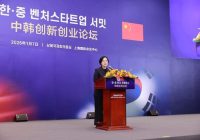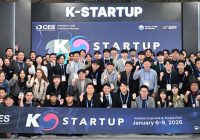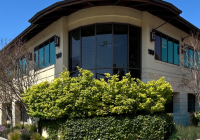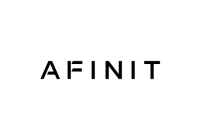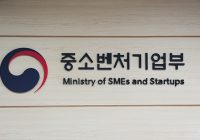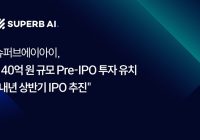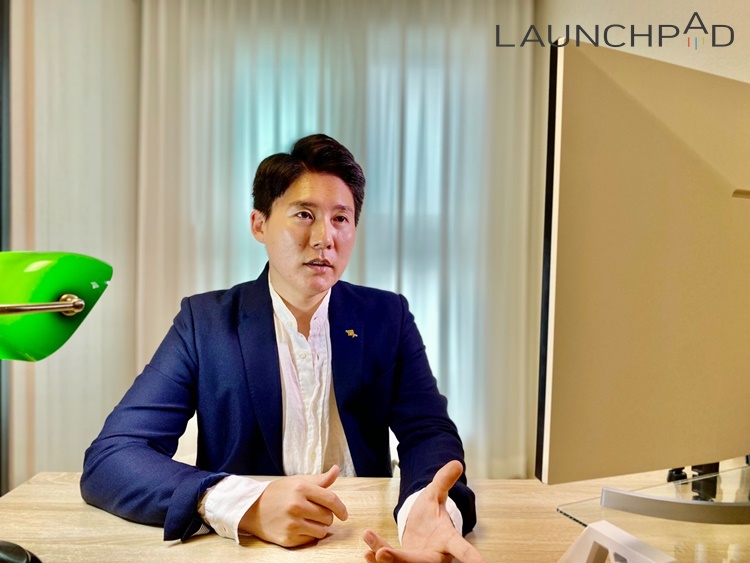
“The success of a startup depends on its persuasiveness”
Sun Choi, director of Mind The Bridge Asia, advised that one must develop communication skills in order to survive in the fierce American startup market. While there are many conditions for success, the capacity to persuade is a prerequisite of success that every startup must have.
The United States is truly the best country for startups. Silicon Valley is a dream stage that any startup wants to enter. Mind the Bridge is an accelerator that helps startups advance into Silicon Valley, the Hub of startups. Founded by a former Googler in 2007, it focuses on two major activities, mainly in the U.S. and European markets. The first is to bring overseas startups into the U.S. or European markets as a cross-border accelerator. The second is an open innovation, which connects big tech companies in Silicon Valley and startups. So far, more than 1,000 teams have gone through MTB.
MTB has expanded its activities to Asia, including Korea. It has already been involved in incubating Korean startups with government-affiliated startup support organizations and private companies. This year, it will participate in the Launchpad program organized by the Korea Creative Content Agency to continue supporting Korean content startups to advance overseas. It recently selected 10 startups, and in September, it began to provide close support for their entry into the U.S. in earnest.
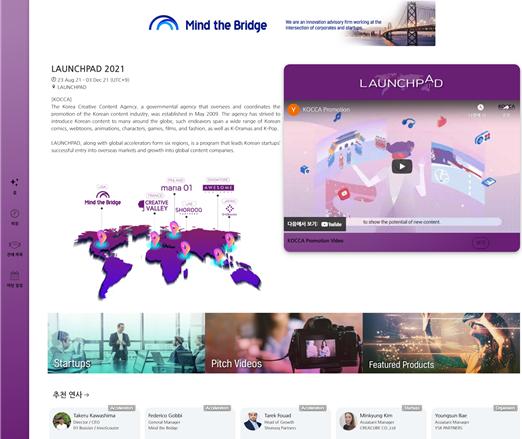
What is the most crucial factor to MTB when selecting startups? Solutions for market problems, market size, and the team are the basic ones. The key criteria for assessment are communication skills, including English. It evaluates whether they have conversational skills that can persuade others when they enter overseas. “The U.S. market is very competitive,” Choi accentuated, “Even if you have a good solution, you can’t get a good score when you can’t persuade the other party through interviews.”
Based on these criteria, he cited Globaleur, an A.I. travel software company, as a startup to successfully settle in the U.S. market among the launchpad finalists. He gave it high marks for its basic preparation to enter the local market—the team has founding members with global corporate experience, consists of diverse global talents, and has completed the establishment of a U.S. corporation.
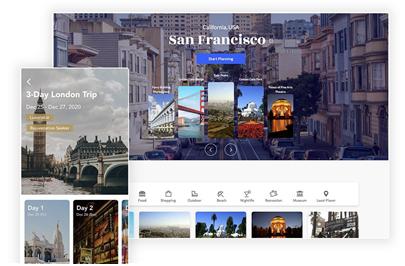
MTB got down to accelerating for launchpad startups in September. The distinctive feature of this year’s launchpad program is customized nurturing. Like Korea, it has a nurturing manager and cooperates with the open innovation team in charge of large companies in MTB to determine customized KPIs for the stage of each startup. For startups at the initial stages where local market evaluation is needed, it focuses on mentoring while connecting investors to those in need of investment.
The local network owned by the accelerator is essential to enter the global market, but it is also necessary to examine whether the startup itself is ready to advance overseas.
In entering the global market, Choi advised, “You cannot succeed without knowing the market and users. We should try to get answers by not only doing market research but also going to the local area and talking to locals.”
Fortunately, the fact that the level of Korean startups has increased is an advantage for overseas expansion. The 10 launchpad startups selected this time also have high technical maturity. In the past, there were primarily manufacturing-based startups. However, now there are various startups focused on technology, such as machine learning technology-based A.I., which means that they have higher chances of success overseas.
Although entering the United States is indeed difficult for anyone, Choi advised that there is still a chance of success. He commented, “The U.S. market is very competitive, and it is tough to succeed, but in terms of the size of the exit and the influence on the world, it is a place worth entering. I hope you’ll challenge your dream stage by making thorough preparations.”


